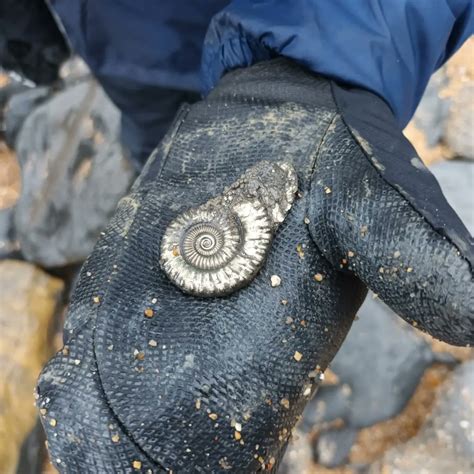Introduction

The fossil record is a mesmerizing chronicle of Earth’s extraordinary past, a tapestry woven with the imprints of life’s diverse forms that have graced our planet for eons. It unveils the secrets of ancient ecosystems, the rise and fall of species, and the evolutionary tapestry that has shaped the world we inhabit today.
The Importance of Fossils
Fossils, the preserved remnants of once-living organisms, play a pivotal role in the study of Earth’s history and the evolution of life. They provide scientists with tangible evidence to reconstruct past environments, decipher the intricate relationships between organisms, and unravel the mysteries of ancient ecosystems.
According to the National Science Foundation, the fossil record spans back an estimated 3.5 billion years, offering a glimpse into the earliest forms of life on Earth. It documents the remarkable diversity of organisms that have existed, from microscopic bacteria to colossal dinosaurs, painting a vibrant portrait of the planet’s ever-changing tapestry of life.
Unearthing Fossils: A Journey of Discovery
paleontologists, the intrepid explorers of the fossil world, meticulously excavate and study these ancient treasures. They employ a range of techniques, from meticulous brushing to advanced imaging technologies, to uncover the secrets hidden within the Earth’s layers.
Modern paleontological methods, such as micro-CT scanning and stable isotope analysis, provide unprecedented insights into the lives of past organisms. They allow scientists to determine the diet of ancient animals, reconstruct their behavior, and even map the movements of once-extinct creatures.
The Rise and Fall of Species
The fossil record bears witness to the dynamic nature of life on Earth. It reveals the gradual rise and subsequent decline of countless species, each playing a unique role in the intricate web of life. Extinction events, both gradual and catastrophic, have punctuated Earth’s history, reshaping ecosystems and creating opportunities for new species to flourish.
The Great Dying, the most severe extinction event in Earth’s history, occurred approximately 252 million years ago and wiped out over 90% of marine species. However, it also paved the way for the emergence of new and more complex life forms, including the ancestors of modern reptiles, birds, and mammals.
Evidence of Evolution
The fossil record provides irrefutable evidence for the theory of evolution, as it documents the gradual changes that have occurred in the characteristics of organisms over time. Comparative anatomy, the study of the similarities and differences between living and extinct species, reveals the deep interconnectedness of all life on Earth.
The fossil record, in conjunction with genetic and molecular evidence, supports the concept of common ancestry, demonstrating that all living organisms share a common evolutionary heritage. It traces the gradual transformation of species as they adapt to changing environmental conditions or develop new niches.
Paleontology in Action: Unlocking the Past
Paleontological discoveries continue to reshape our understanding of Earth’s history and the evolution of life. Recent finds have challenged long-held beliefs and provided new insights into the complexities of ancient ecosystems.
- Tibetan Fossils Reveal Plant Life’s Early Evolution:
In 2022, scientists unearthed exquisitely preserved plant fossils in Tibet, dating back approximately 480 million years. These fossils provide evidence for the earliest known land plants, shedding light on the terrestrialization of life and the initial colonization of land by plants.
- Canadian Dinosaur Discovery Uncovers Giant Predator:
A team of Canadian researchers discovered the fossilized remains of an enormous carnivorous dinosaur, named Thanatotheristes degrootorum, in the Alberta badlands. This dinosaur, estimated to have weighed up to 2,500 kilograms, roamed North America’s ancient forests around 79 million years ago.
Conclusion
The fossil record is an extraordinary testament to the richness and diversity of life on Earth. It offers invaluable insights into the origins, evolution, and extinction of species, providing a tangible link to our planet’s distant past. Through the meticulous excavation and analysis of fossils, paleontologists continue to unlock the secrets of ancient life and unravel the remarkable tapestry of Earth’s history.
As we delve deeper into the fossil record, we uncover not only the story of our planet’s past but also gain a profound appreciation for the interconnectedness of all living things and the fragility of our present ecosystems. The fossils in our past serve as a constant reminder of the dynamic and ever-changing nature of life on Earth, inspiring us to protect and preserve the biodiversity that makes our planet a vibrant and awe-inspiring place.
